![]() G. K. Chesterton points out the glorious sanity and vigorous life that has existed in the Christian Church since Her founding. While Chesterton doesn’t specifically mention the Orthodox Church I found his comments most appropriate for the Sunday of Orthodoxy we just celebrated. “This is the Faith of the Apostles, this is the Faith of the Fathers, this is the Faith of the Orthodox, this is the Faith which has established the Universe.” ~ Confession of faith from the Day of Orthodoxy
G. K. Chesterton points out the glorious sanity and vigorous life that has existed in the Christian Church since Her founding. While Chesterton doesn’t specifically mention the Orthodox Church I found his comments most appropriate for the Sunday of Orthodoxy we just celebrated. “This is the Faith of the Apostles, this is the Faith of the Fathers, this is the Faith of the Orthodox, this is the Faith which has established the Universe.” ~ Confession of faith from the Day of Orthodoxy
“This is the thrilling romance of Orthodoxy. People have fallen into a foolish habit of speaking of orthodoxy as something heavy, humdrum, and safe. There never was anything so perilous or so exciting as orthodoxy. It was sanity: and to be sane is more dramatic than to be mad. It was the equilibrium of a man behind madly rushing horses, seeming to stoop this way and to sway that, yet in every attitude having the grace of statuary and the accuracy of arithmetic. [Read more…]

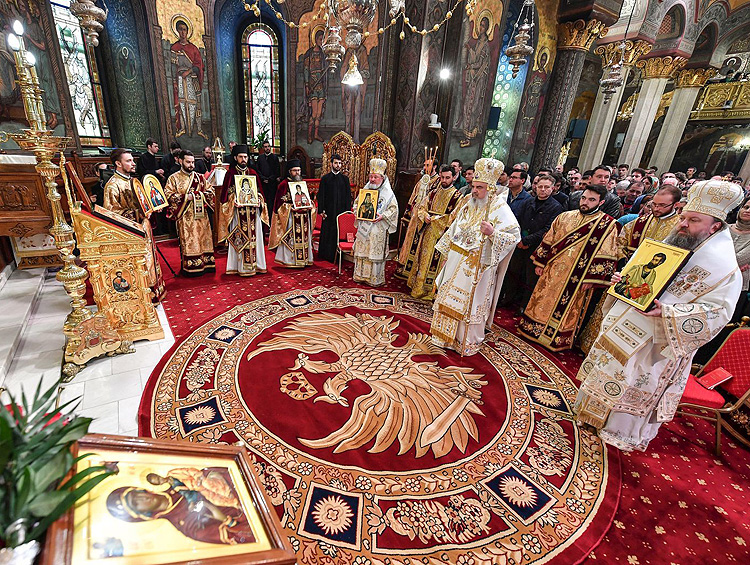 The masterful and wisdom-filled writings of G. K. Chesterton remind us why the Christian Church cannot afford to swerve even “a hair’s breadth” on important theological truths. While not written with regards to the Orthodox Church specifically, his insights also describe how the Orthodox Church has continually fought to defend the Truth and the Christian faith as taught by Jesus Christ, embodied in the Scriptures, preached by the Apostles, attested by the Martyrs, reflected in the writings of the Saints, and expounded by the Fathers.
The masterful and wisdom-filled writings of G. K. Chesterton remind us why the Christian Church cannot afford to swerve even “a hair’s breadth” on important theological truths. While not written with regards to the Orthodox Church specifically, his insights also describe how the Orthodox Church has continually fought to defend the Truth and the Christian faith as taught by Jesus Christ, embodied in the Scriptures, preached by the Apostles, attested by the Martyrs, reflected in the writings of the Saints, and expounded by the Fathers.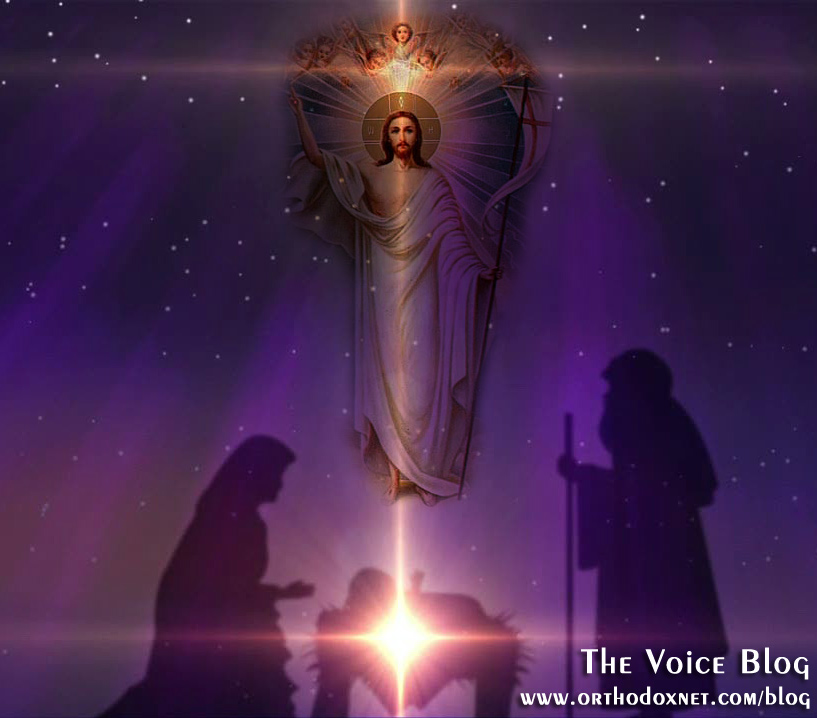 by C.S. Lewis –
by C.S. Lewis –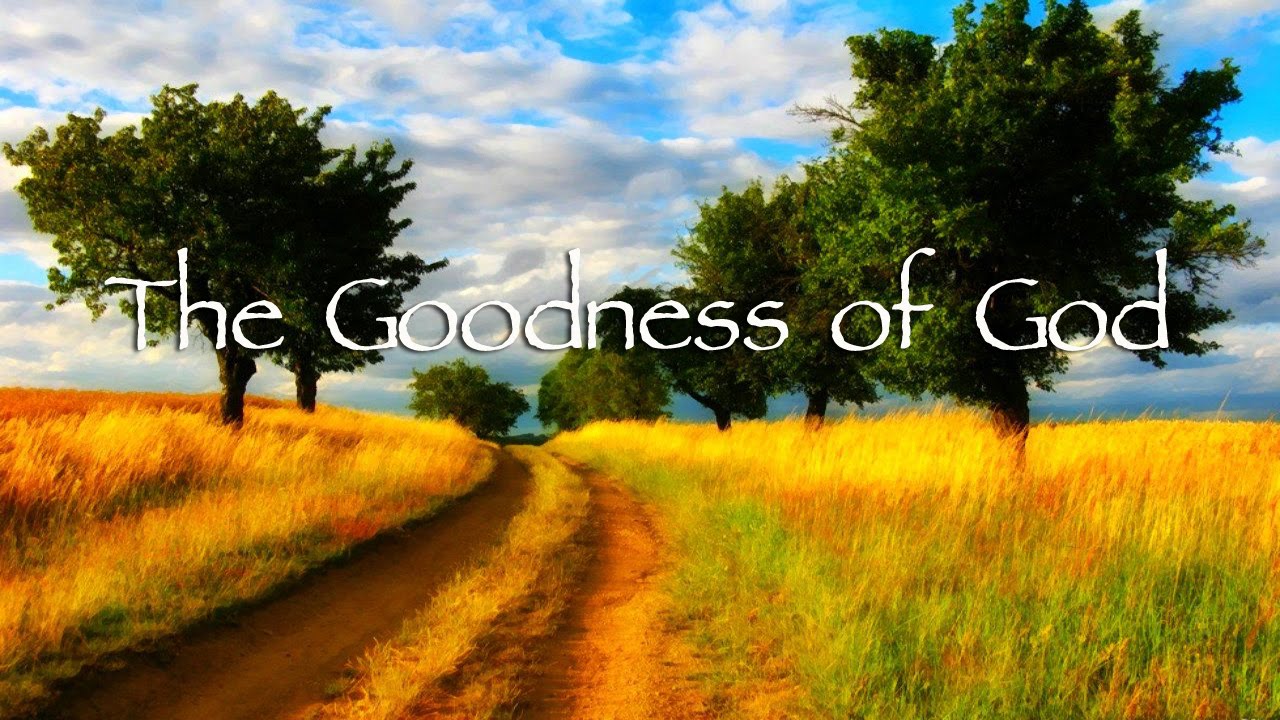 by Chris Banescu –
by Chris Banescu –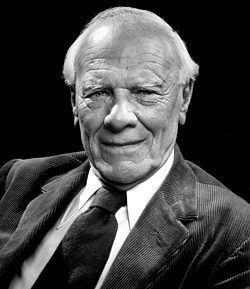 by Chris Banescu –
by Chris Banescu –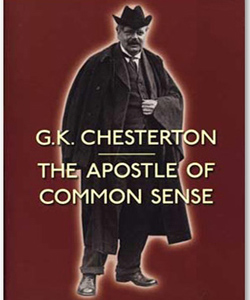 by Chris Banescu –
by Chris Banescu –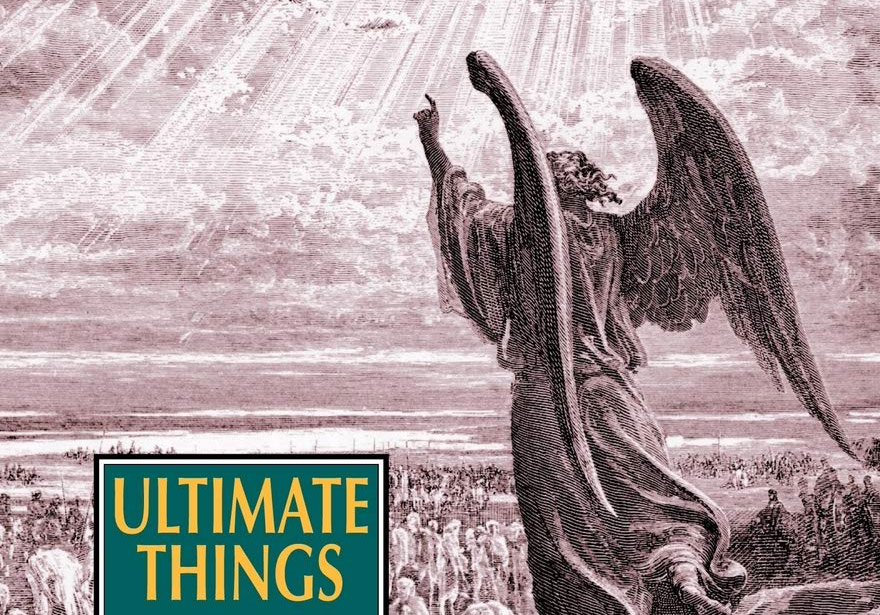 by Chris Banescu –
by Chris Banescu –